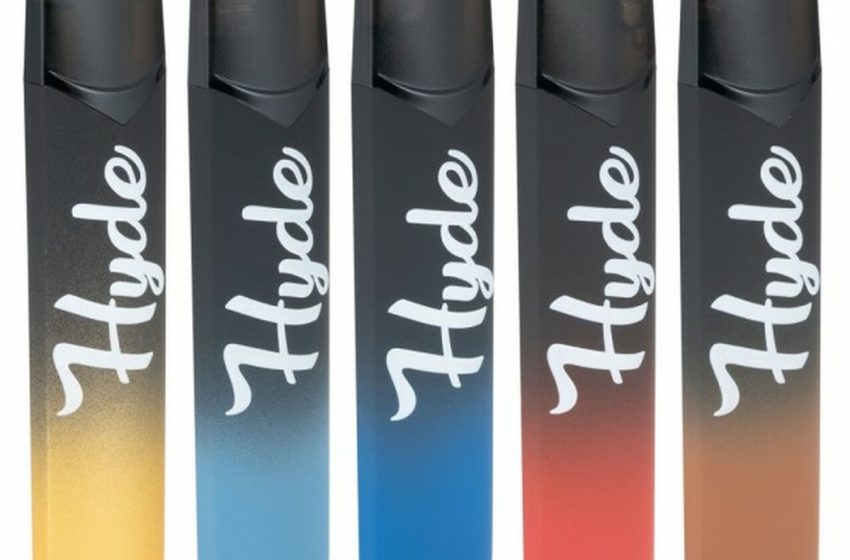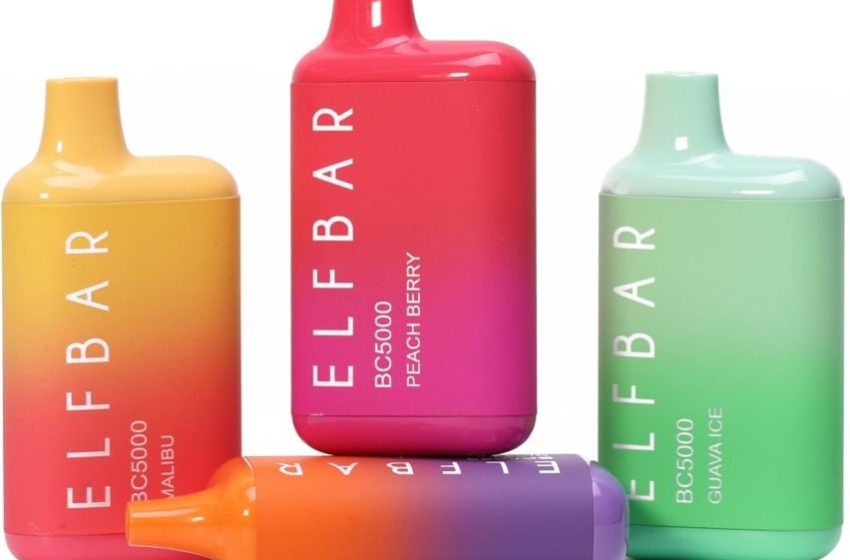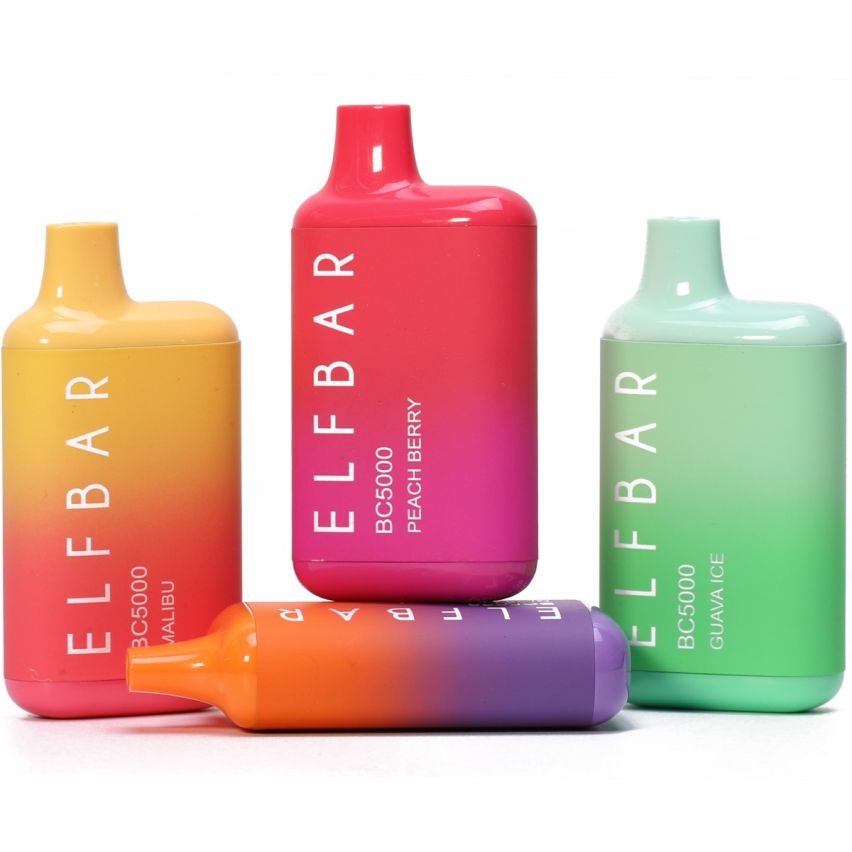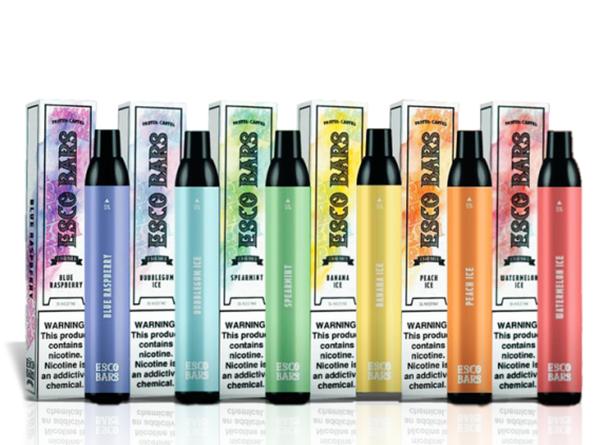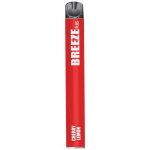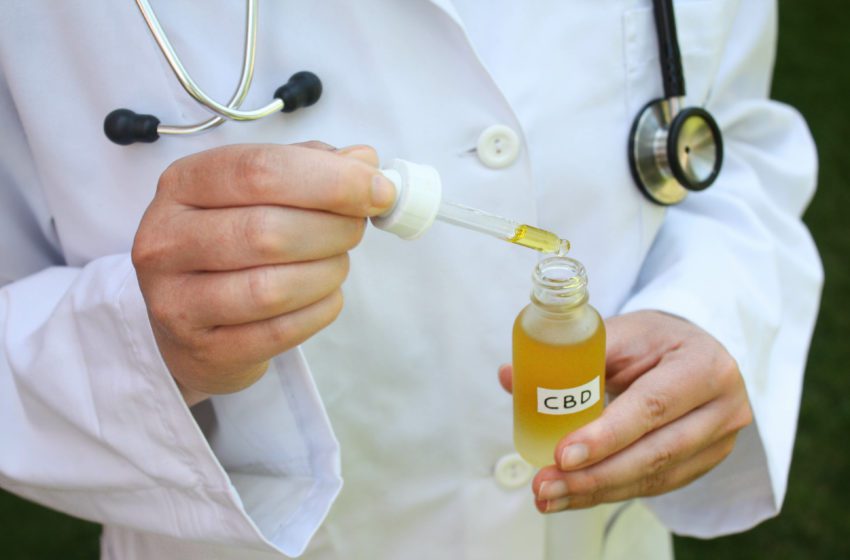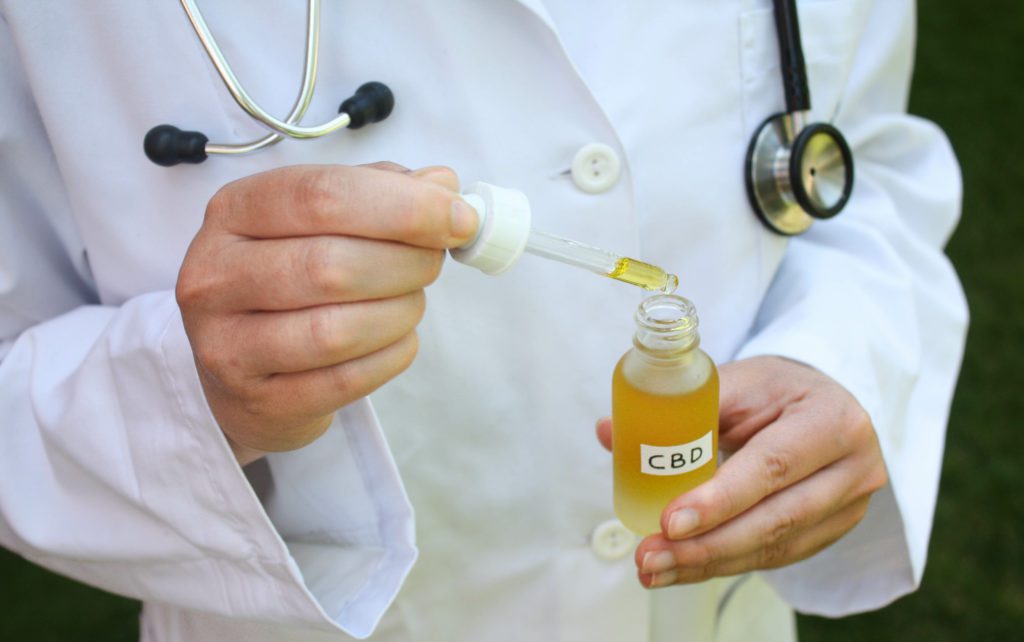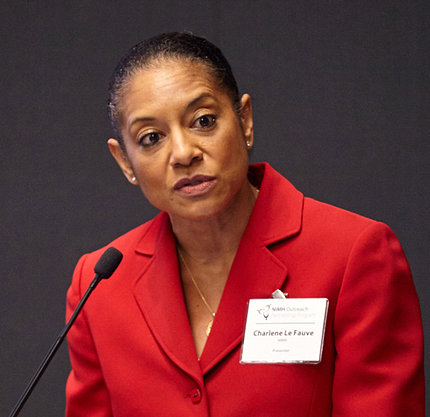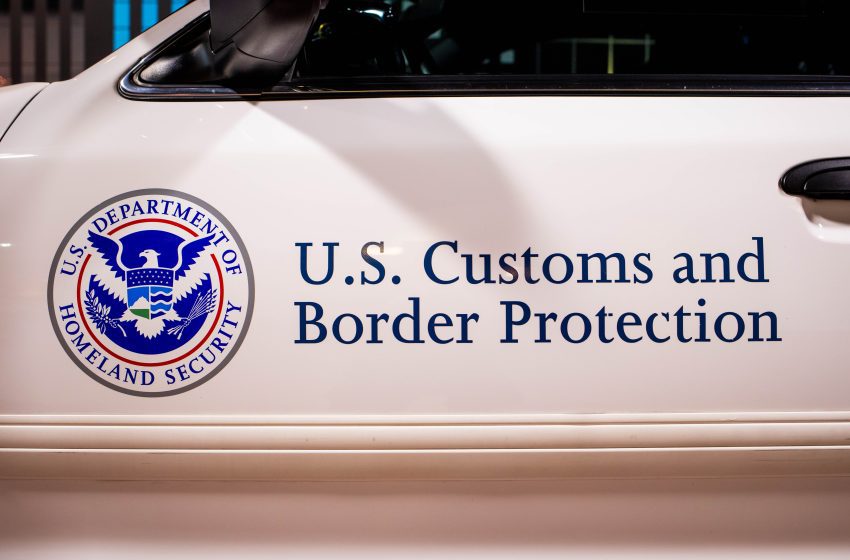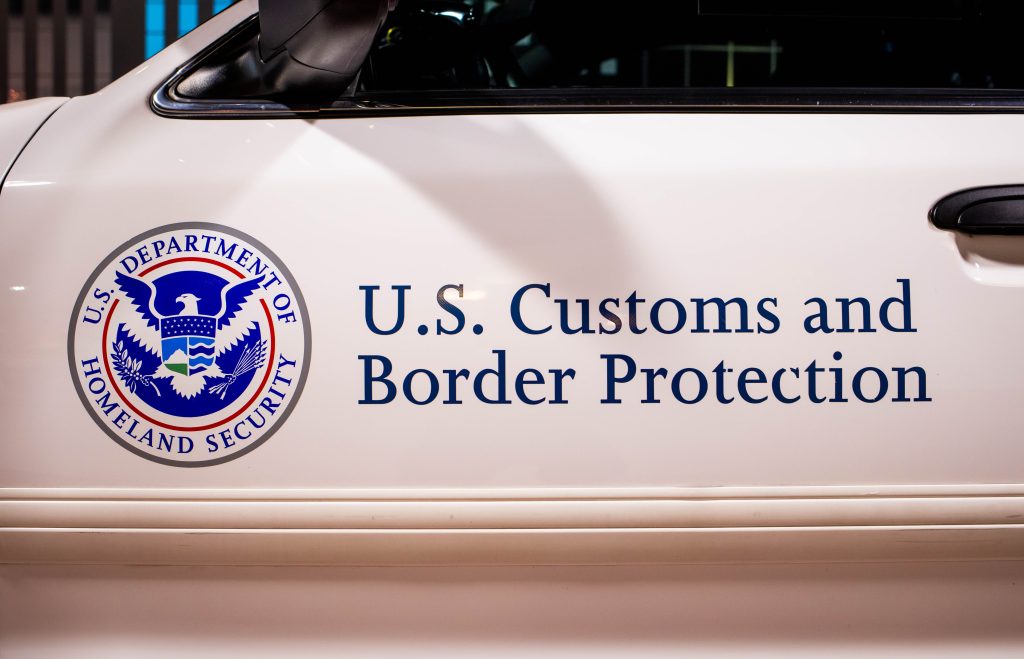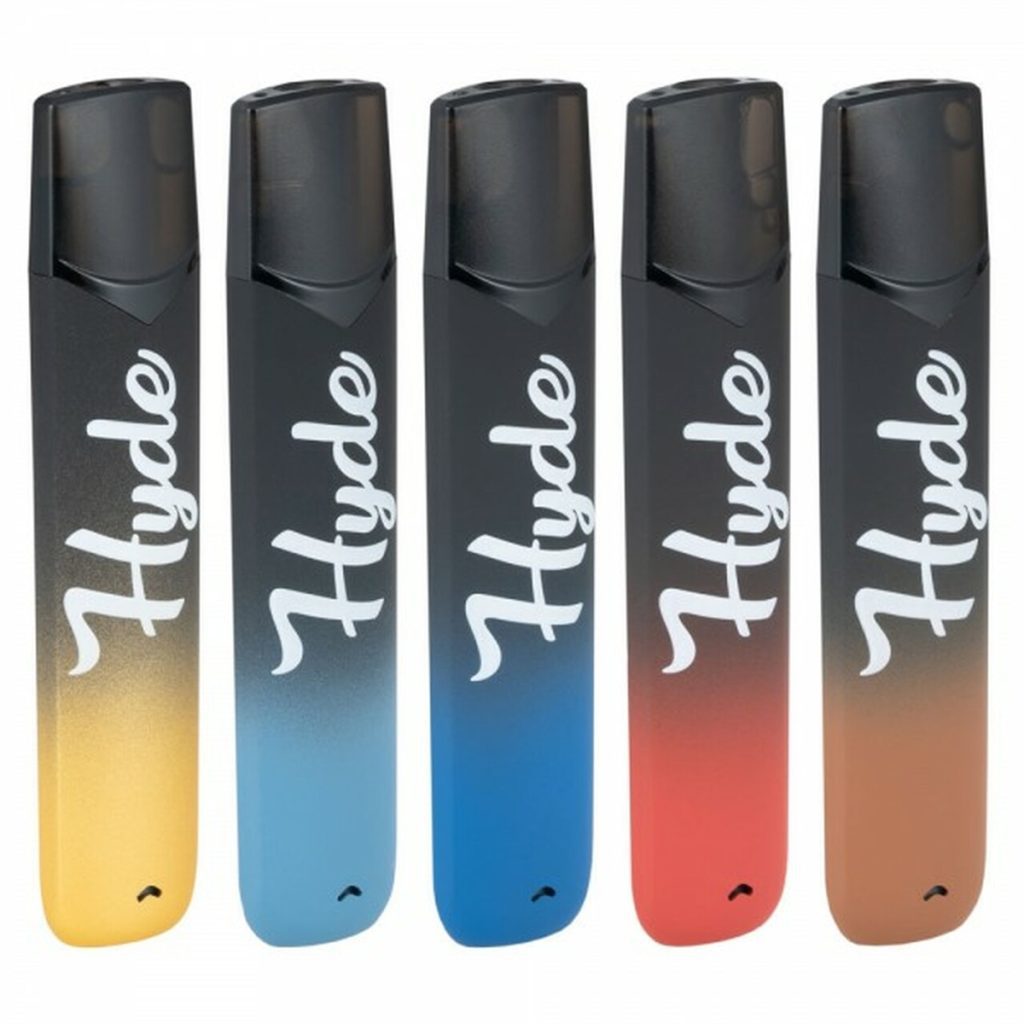
Warning letters have been issued to 30 retailers, including one distributor, for illegally selling unauthorized disposable vaping products. The FDA typically sends warning letters to manufacturers, however, now retailers are facing stiffer scrutiny.
The U.S. Food and Drug Administration stated today that the unauthorized products were various types of Puff and Hyde brand disposable e-cigarettes, which were two of the most commonly reported brands used by youth e-cigarette users in 2022, according to the FDA.
The “action underscores the agency’s unwavering commitment to addressing the role retailers and distributors of unauthorized tobacco products play in this concerning public health issue facing America’s youth.,” according to the release.
FDA Commissioner Robert Califf said cracking down on disposable products most used by youth is a priority for the regulatory agency. “We’re committed to holding all players in the supply chain – not just manufacturers but also retailers and distributors – accountable to the law,” he said.
The warning letters are a result of a nationwide blitz to crack down on the sale of unauthorized e-cigarettes that are popular with youth – specifically Puff and Hyde products. The blitz included investigations of hundreds of retailers and distributors across the country. All products cited in the warning letters are disposable e-cigarettes.
“Since becoming director of CTP, I’ve been crystal clear that FDA will not stand by while retailers and distributors seek to profit off illegally selling products that are well-known to appeal to youth,” said Brian King, director of the FDA’s Center for Tobacco Products. “Retailers and distributors play a key role in keeping unauthorized tobacco products off the shelves, and if they fail to do so, we’re committed to taking appropriate action.”
The FDA generally sends warning letters the first time an inspection or investigation reveals a violation of the law, and recipients are given 15 working days to respond with the steps they’ll take to correct the violation and to prevent future violations. A majority of recipients of warning letters voluntarily correct the stated violation.
Failure to promptly correct the violations can result in additional FDA actions such as an injunction, seizure and/or civil money penalties. In addition to today’s actions among retailers, the FDA issued a warning letter to an importer of Puff Bar in October 2022; that investigation remains ongoing.
In February, FDA filed the agency’s first civil money penalty complaints against four e-cigarette manufacturers; to date, FDA has filed civil money penalty complaints against ten e-cigarette manufacturers.
And in October 2022, the first complaints for permanent injunctions were filed against six e-cigarette manufacturers. From January 2021 through May 2023, FDA issued more than 560 warning letters. All of these actions are part of FDA’s standing compliance and enforcement portfolio, and the latest counts of these actions will continue to be reported on a routine basis.
“FDA will continue to take action against anyone making, distributing, importing, or selling unauthorized e-cigarette products, especially those most used by youth,” the release states.

